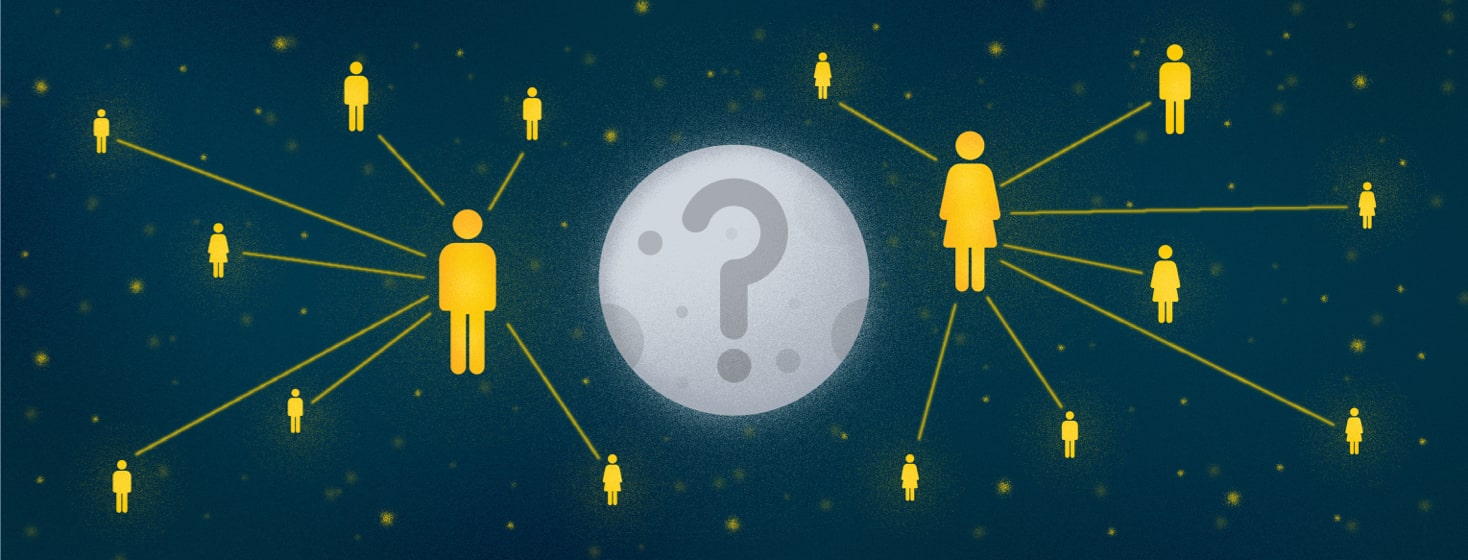Social Relationships and Insomnia: Differences in Men and Women
Your social network plays a major role in your life. From school and work to your hobbies, these are the people who impact your day and mood the most. However, research has shown that men and women differ in how they form their social networks.1
Some studies have shown that women tend to have smaller social networks but with stronger bonds. Also, research has shown that men and women leverage their networks differently and have different career impacts.1
Gender differences in social networks can affect much more than your personal connections and inner circle. For example, new research shows that gender can impact your sleep quality depending on your social network.1
What are social networks?
Social networks look different for everyone. Your partner, friends, family, co-workers, and neighbors might be part of your social network. These critical connections provide positive social support. When you need them, they are there.
Regardless of what your network looks like, positive social support is good for your health and sleep.3
Gender and insomnia
Women report insomnia 1.5 times more than men. Many studies have looked at why, but the reasons are complex. Physical, mental, and social factors play different roles in your life. Also, women are more likely than men to report symptoms and seek help with sleep problems. Pregnancy, menopause, , and hormones may be factors, but these are not the only reasons. Doctors are still studying why women report more insomnia than men.2
Men, sleep, and social networks
A new study has shown that men are more likely to have trouble falling asleep and staying asleep if they have a big social network. Men are also more likely to fall and stay asleep if they have a small, tight-knit social network that shares more in common.1
These results were not found in women, perhaps because women tend to have closer friendships with small groups of women.1
Women, stress, and sleep
Even though the size of a women’s social group does not seem to affect sleep, many other things do. Women reporting stress is on the rise. Plus, women are more likely than men to report a great deal of stress. Also, women report more physical symptoms of stress when compared to men.4
In one study, nearly half of all women reported lying awake at night over the previous month because of stress. In the same study, only about 1 in 3 women felt like they were successful in managing their sleep problems. Interestingly, women state that friendship and socializing is a way they manage their stress and problems with sleep. This means that the quality of sleep for women depends greatly on their social networks.4
What does this mean for you?
Spending time with your friends has many health benefits. From better sleep to decreased stress, friendships promote a healthier, longer life.3
For men, the size of your social group might matter when it comes to the quality of sleep. Social networks and friendships are vital to a healthy life. However, smaller, closer connections might help with falling and staying asleep.1
Trouble falling asleep and staying asleep is complex, with many factors impacting your sleep. Studies have reported different results, which can be confusing. Knowing that there are differences in sleep between men and women can be helpful in guiding how you talk to your doctor.

Join the conversation